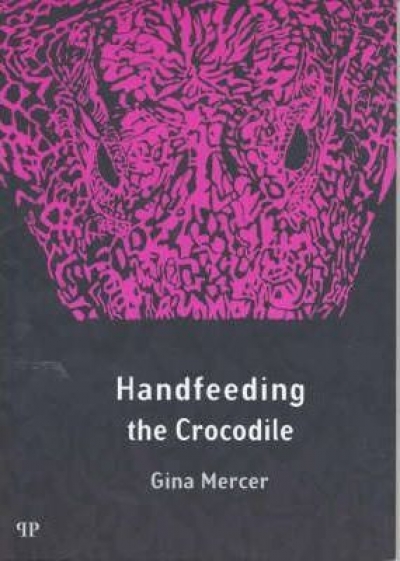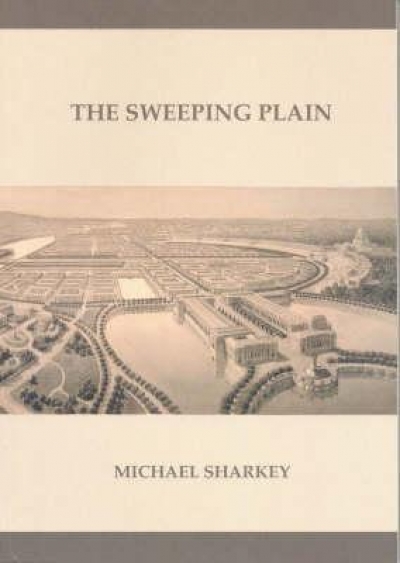Andrew Burns
Wet Ink, No. 10 edited by Phillip Edmonds and Dominique Wilson
by Andrew Burns •
Going Down Swinging: No. 26 edited by Steve Grimwade and Lisa Greenaway
by Andrew Burns •
Eclogues: Newcastle Poetry Prize Anthology 2007 edited by Martin Harrison, John Jenkins and Jan Owen
by Andrew Burns •
Romancing Opiates: Pharmacological lies and the addiction bureaucracy by Theodore Dalrymple
by Andrew Burns •






